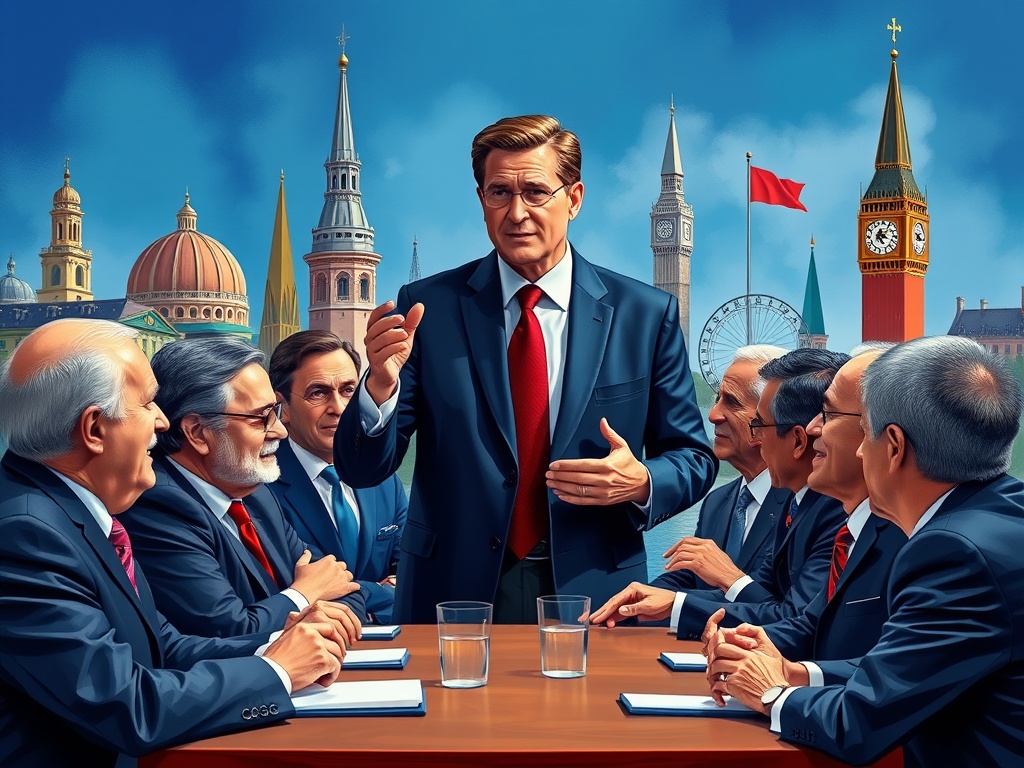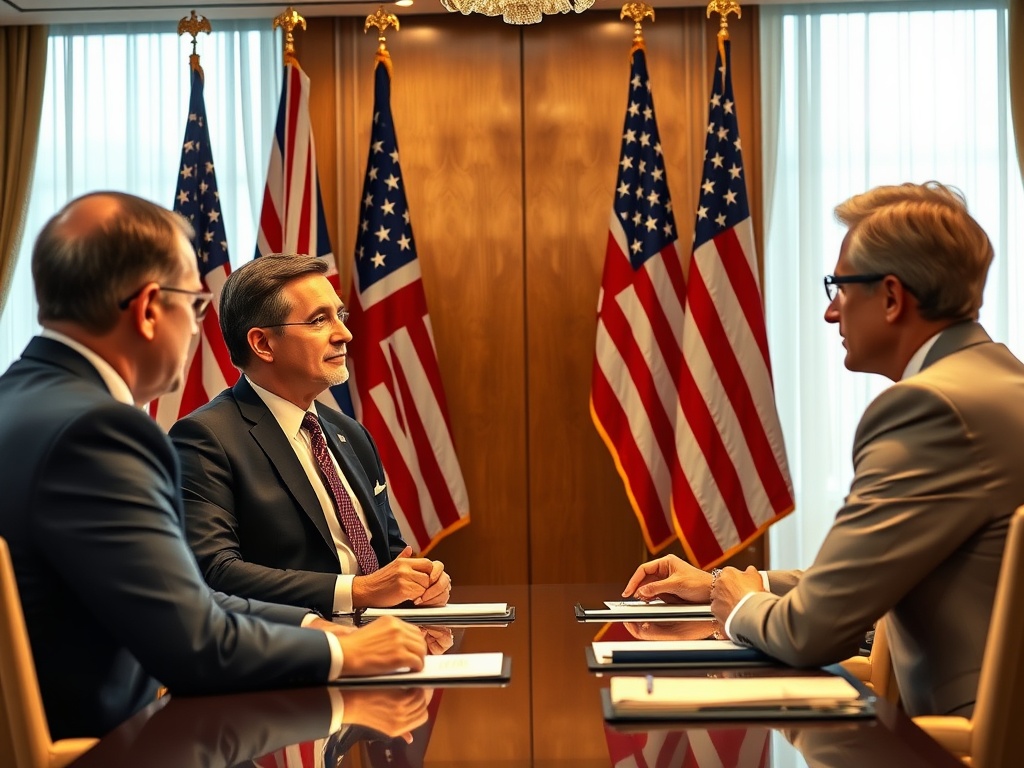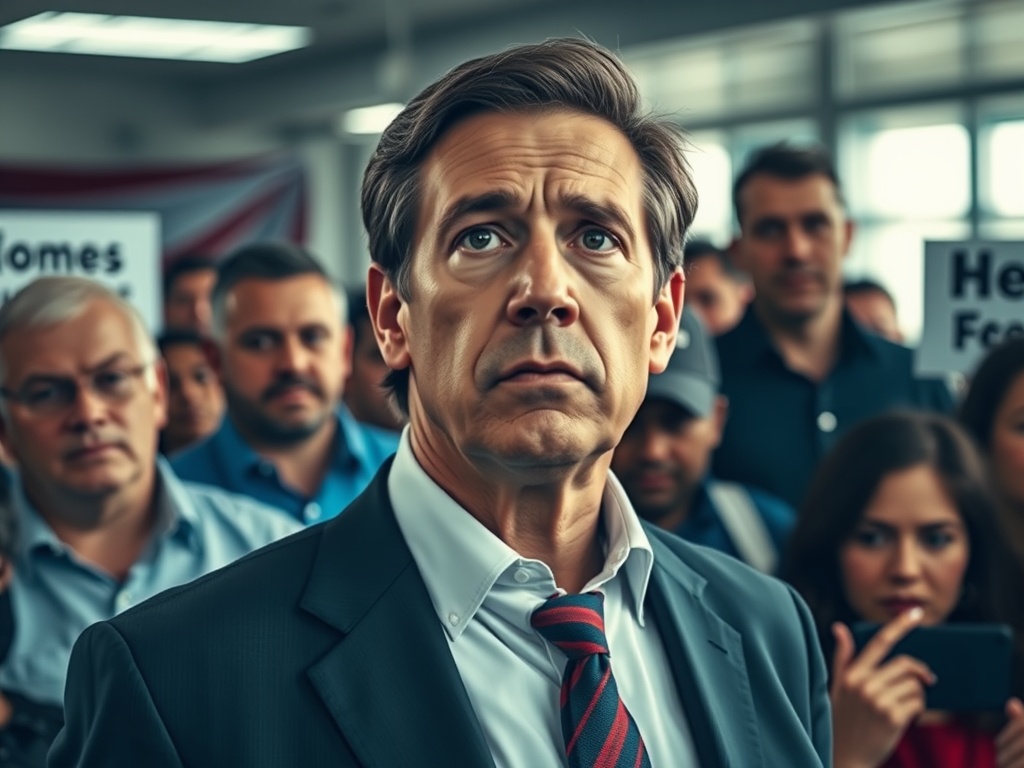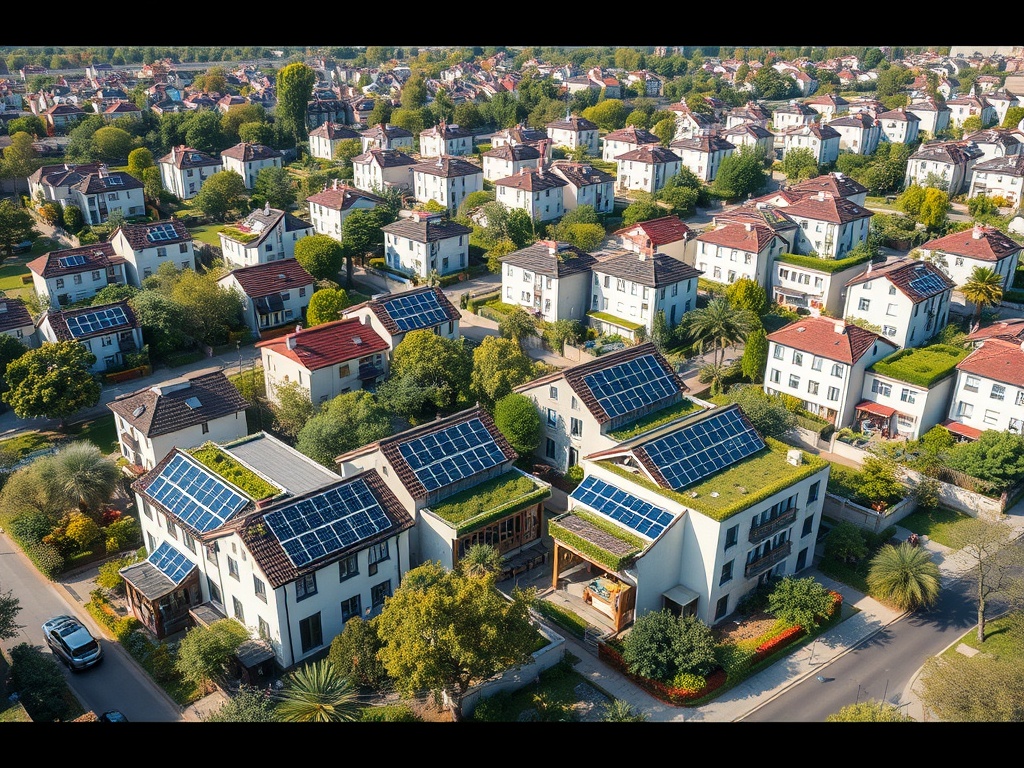Starmer’s Diplomatic Gambit: Meeting Trump Amid Global Tensions

As Keir Starmer prepares for a significant meeting with Donald Trump, set to take place at the Oval Office next week, he aims to present a comprehensive package of security guarantees for Ukraine. This move comes in light of concerns about a potential deal between the US and Russia that could undermine Ukraine’s sovereignty. If the US agrees to these proposals, Starmer hopes to position himself as a vital “bridge” between the US and Europe, a role he is eager to embrace. Yet, this diplomatic endeavor will require him to navigate the complexities of international relations with a smile, even when faced with challenging discussions.
Starmer’s approach contrasts sharply with the growing tensions within the European Union, where member states have engaged in heated disputes over tariffs and other issues. Recent remarks from Vice President JD Vance, who criticized what he termed the stifling of free speech in Europe, have only added to the friction. In this context, Germany’s Chancellor Olaf Scholz has found himself in a precarious position, as he faces domestic electoral challenges and feels the urgency to stand firm against the US’s criticisms.
Despite the UK being targeted in Vance’s speech regarding buffer zones around abortion clinics—initiated by Starmer’s Labour party—the response from UK ministers has been notably restrained. Business Secretary Jonathan Reynolds recently articulated the UK’s role as a “bridge” between European and US allies. Meanwhile, Starmer adopted a conciliatory tone in an article for The Telegraph, emphasizing that Britain “will work to ensure we keep the US and Europe together.” He highlighted the necessity of unity in the face of external threats, asserting that “we cannot allow any divisions in the alliance to distract from the external enemies we face.”
Starmer’s diplomatic strategy diverges from that of Scholz, who has taken a more assertive stance reminiscent of Hugh Grant’s character in the film Love Actually. In the movie, Grant’s fictional Prime Minister defends British interests against an overbearing US President, a moment of fictional pride that Starmer may not have the luxury to emulate. In reality, a more plausible scenario could see the US imposing tariffs on the UK in retaliation, jeopardizing Starmer’s already precarious position.
For Starmer, the stakes are high; he is seeking exemptions from US tariffs to safeguard the British steel industry from severe consequences, all while advocating for continued US support for Ukraine. The situation is further complicated by France’s Emmanuel Macron, who faced public rebuke from Vance during a recent summit on AI, as he hesitated to endorse additional regulations. Macron’s awareness of the rapidly changing geopolitical landscape means he may prioritize swift action over consensus with the EU.
As Starmer joins other European leaders in Paris today for a mini-summit convened by Macron, discussions will revolve around the formation of a postwar peacekeeping force for Ukraine. Leaders from nations such as Germany, Italy, and Spain will address the ongoing supply of arms to Kyiv, strategies for providing security guarantees to Ukraine, and efforts to persuade Trump to support these initiatives. The nature of troop deployment—whether on the front lines or in a support capacity—remains uncertain, though Starmer has expressed a willingness to place British troops “in harm’s way.”
Future of NATO and European Defense
Trump’s unexpected announcement last week regarding the initiation of negotiations with Putin has prompted Western leaders to reassess NATO’s future in relation to a European peacekeeping force. This urgency has resulted in some EU states expressing frustration over their exclusion from Macron’s summit, fearing it might convey a disjointed message about the bloc’s unity.
With US and Russian officials scheduled to meet in Saudi Arabia shortly, Trump’s special envoy, Keith Kellogg, downplayed the likelihood of European nations being included in discussions about Ukraine’s future. Ukrainian President Volodymyr Zelensky has firmly stated that any deal must include Ukraine’s participation; however, Secretary of State Marco Rubio expressed a contrary view, asserting that both Ukraine and European leaders must be involved due to their investments and stakes in the conflict.
As Europe gears up for a new military spending initiative, Starmer is likely to face persistent inquiries about the UK’s commitment to increase defense spending to 2.5% of GDP, as outlined in the Labour manifesto. Currently, the UK spends approximately 2.3%, which means an increase of around £5 billion annually would be necessary. Some European governments are contemplating raising national debt to finance this surge in defense budgeting.
Starmer acknowledged the pressing need for increased defense funding, stating, “We have to spend more on defense. That’s the reality of the situation we find ourselves in.” He emphasized the UK’s commitment to 2.5%, noting a strategic review of defense is underway to assess current challenges and capabilities.
Currently, the UK ranks as the ninth largest contributor to NATO in terms of GDP percentage, while the US leads with 3.4%. Trump has often urged European nations to raise their contributions closer to 5%, a point he is expected to reiterate during Starmer’s visit to Washington.
As the diplomatic climate intensifies leading up to Starmer’s US visit, the reality of the situation is palpable. Few leaders can so effortlessly cast aside diplomatic niceties and challenge visiting dignitaries like Trump can, adding an element of unpredictability to the proceedings.




